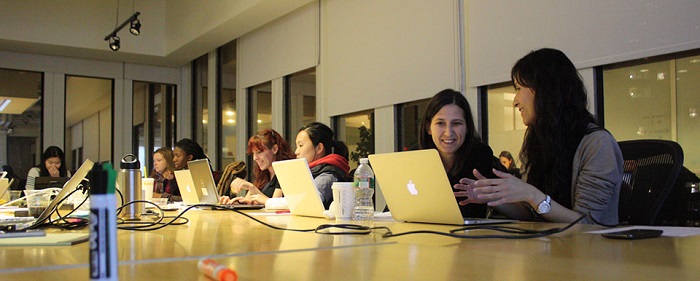Researchers from California Polytechnic State University (San Luis Obispo) and North Carolina State University have published a study that reveals computer code written by women has a higher approval rating that that which is written by men.
One thing to note — this is true only in instances when the individual’s gender is not identifiable.

The group of researchers analyzed approximately 1.4 million users on the open source program-sharing service, Github. While the community does not request gender information from its 12 million users, the team was able to identify a sub-sect of users who were either male or female because they identified as such on either their user profile, or because their email addresses could be matched within the Google+ social network.
What they found is that “pull requests”, or recommended code changes, made on the service by women were more likely to be accepted than those by men; specifically, 78.6% made by women were accepted compared to 74.6% by men.
A range of additional factors were considered during this study, including whether women were more likely to be responding to known issues, whether their contributions were shorter in length (thus easier to appraise), and which programming language was being used. Unfortunately, no additional correlation was discovered.
One thing that that was obvious was that when the women’s gender was clearly visible in her profile, she had a much lower acceptance rate than those whose gender was not obvious.
“For outsiders, we see evidence for gender bias: women's acceptance rates are 71.8% when they use gender neutral profiles, but drop to 62.5% when their gender is identifiable. There is a similar drop for men, but the effect is not as strong,” the paper noted.
“Women have a higher acceptance rate of pull requests overall, but when they're outsiders and their gender is identifiable, they have a lower acceptance rate than men.
“Our results suggest that although women on Github may be more competent overall, bias against them exists nonetheless,” the researchers concluded.
At present, the paper is awaiting peer review, so the results have yet to be critically appraised by other experts. To read it for yourself, download a copy of Gender Bias in Open Source: Pull Request Acceptance of Women Versus Men.
Via the BBC
Advertisement
Learn more about Electronic Products Magazine





